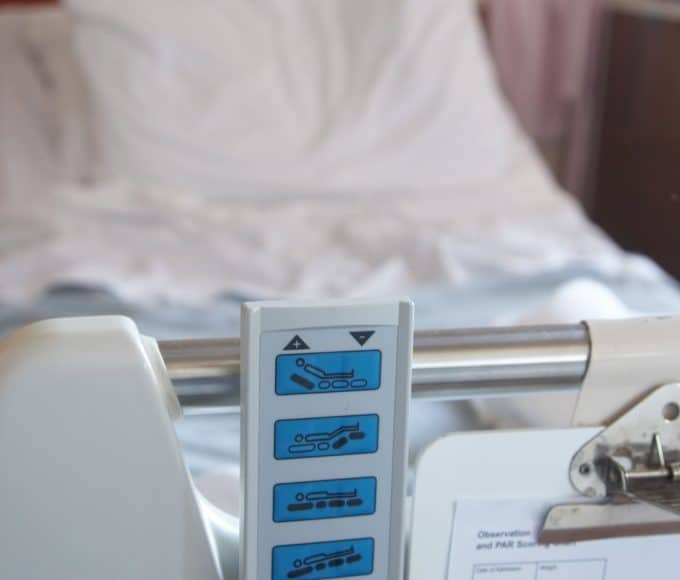Your digestion directly affects how you feel, from your energy levels to your mood. But how do you know if your digestive system isn’t functioning as it should? Sometimes, the signs are subtle or attributed to other factors, leaving you unaware of the underlying issue. Fortunately, this guide will walk you through the signs you’re not properly digesting your food and what to do about it.
Trouble After Meals: Bloating and Discomfort
Have you ever finished a meal and felt your stomach swell with an uncomfortable tightness? That’s bloating, one of the most obvious signs your digestion might be struggling. It often comes with gas or a sense of heaviness that can last for hours.
Foods like fried items, carbonated drinks, or dairy can intensify the issue. For example, if pizza leaves you feeling sluggish and puffy every time you eat it, your gut might have trouble breaking down the ingredients or handling lactose.
Chronic Bad Breath
Bad breath, or halitosis, originates from more than forgotten dental floss. It can be a sign you’re not properly digesting your food.
When digestion slows and food sits too long in your stomach, it ferments, releasing odors that work their way up your digestive tract. For example, a big steak dinner could leave you burping up a foul taste hours later.
If mouthwash and proper brushing don’t help, this could signal your gut’s bacterial balance needs attention.
Feeling Tired All Day Long
When your digestion is off, it can leave you exhausted—even right after waking up. This can happen when your gut doesn’t absorb key nutrients like B vitamins or iron properly.
That fatigue may be your body’s way of struggling to draw energy from the food you eat. If you rely on caffeine to make it through the day, it could be worth evaluating your gut health.
Mysterious Weight Changes
Do your pants feel tighter even though you haven’t changed your eating habits? Or are you losing weight in a way that doesn’t feel healthy? Poor digestion slows how your body absorbs nutrients, disconnecting the calories you eat from what your body uses.
For instance, losing weight while constantly feeling bloated after meals signals that your gut lacks the enzymes needed to process food properly. This imbalance causes nutrient deficiencies and ongoing digestive discomfort.
Solutions to Support Your Digestion
Digestive struggles aren’t permanent, and there’s plenty you can do to address them. A great starting point includes giving your gut the tools it needs to work better.
Natural digestive aids, like those enriched with enzymes and probiotics, can support smoother digestion and a balanced gut microbiome. Additionally, small changes like eating more fresh vegetables, drinking water consistently, and chewing food thoroughly are simple yet powerful.
Furthermore, try reducing processed foods and instead focus on whole, nutrient-rich meals. And don’t overlook stress reduction! Activities like yoga, light walks, or even five minutes of deep breathing can relax your gut and make digestion easier.
Recommended Reading: Foods That Aid Healing After Medical Treatments













